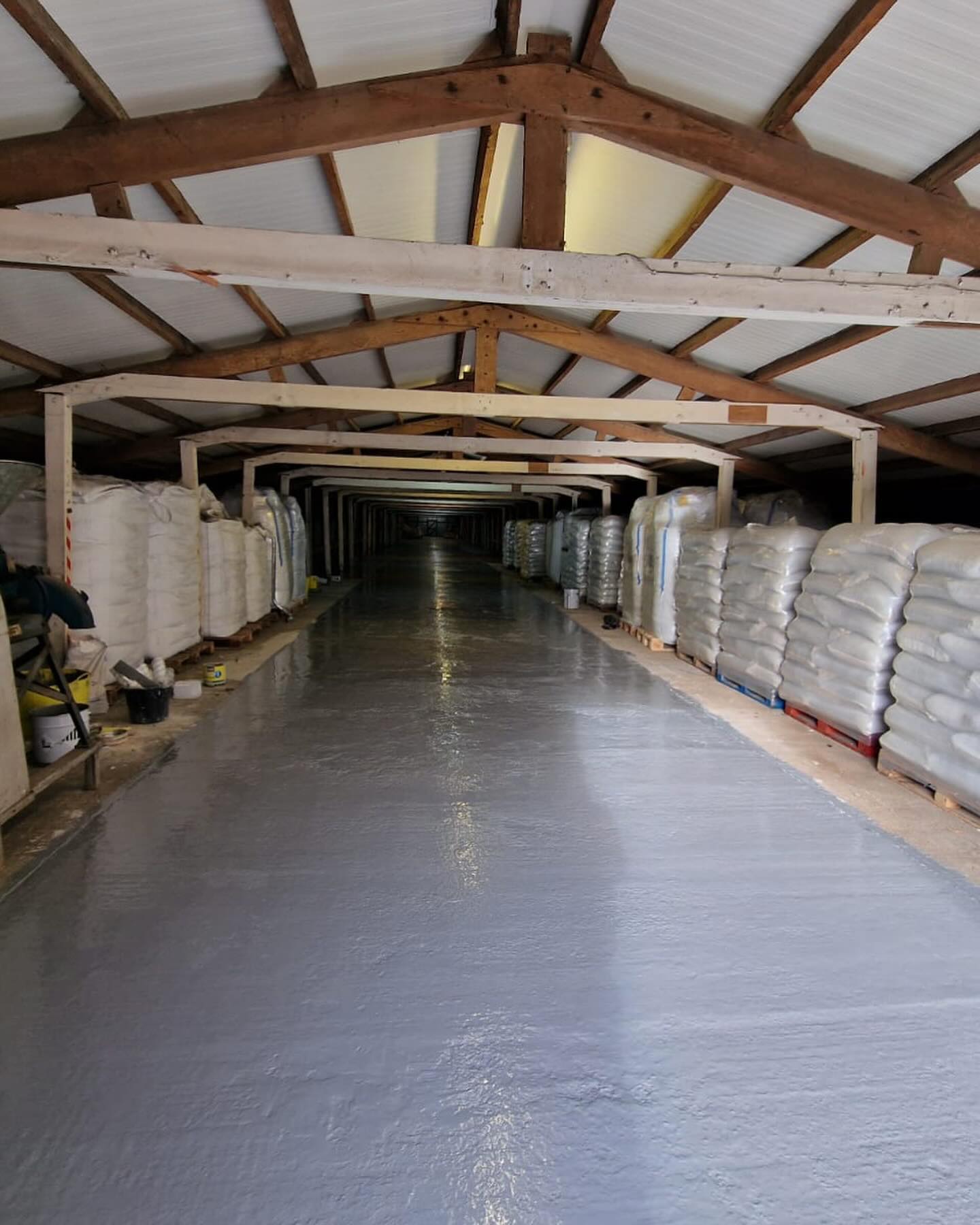
British Gaskets, Sudbury — Industrial Resin Flooring (1,000m²)
"Heavy-use factory floor prepared and coated for long-term durability."
[Read More →]Durable, safe and long-lasting flooring across Greater London and surrounding counties for warehouses, factories, car parks, gyms, and more.
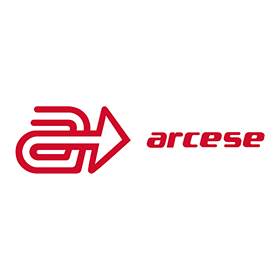
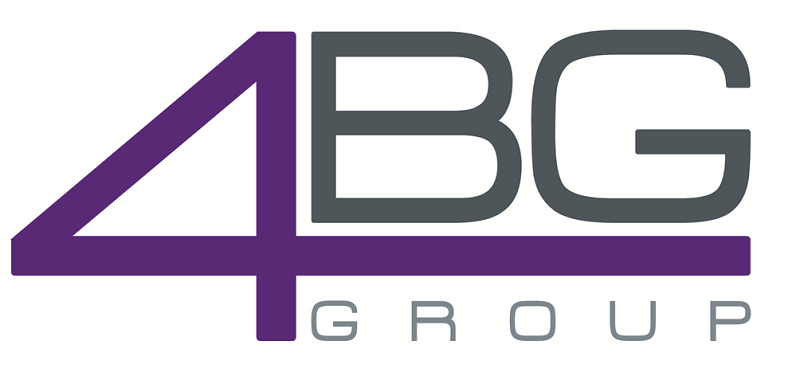
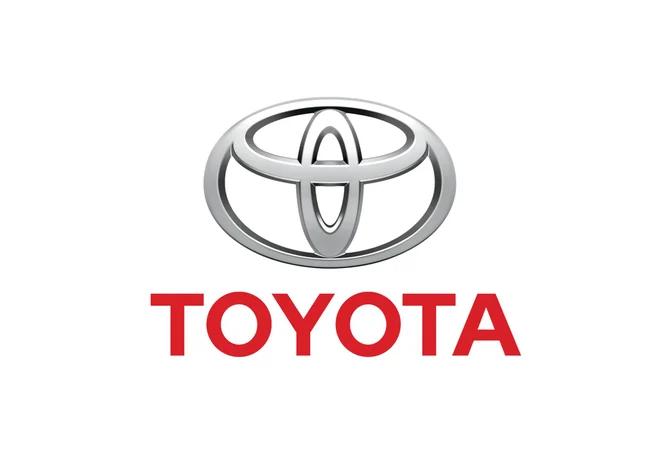
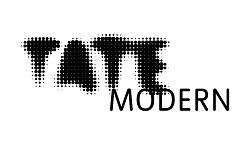
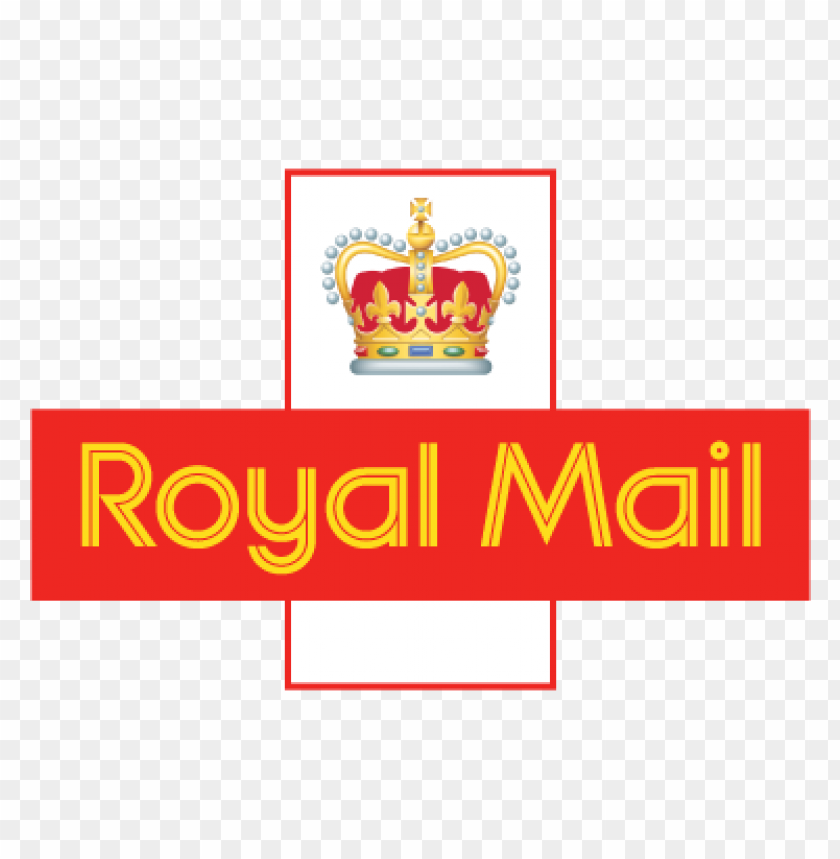
Trusted contractor for resin and epoxy flooring across Greater London and the surrounding counties
Londinium Epoxy Flooring London is a trusted contractor for resin and epoxy flooring across Greater London and the surrounding counties. Our focus is on medium to large-scale projects where quality, safety and long-term durability matter most. With years of experience and a portfolio that ranges from industrial sites to commercial environments, we have built a reputation for delivering on time and to specification.
Our name reflects both our London base and the historic strength of the city. Just as Londinium once stood as a centre of commerce, we continue that tradition by providing flooring that supports the region's busiest facilities today.
"1,000m² warehouse floor completed flawlessly with zero disruption."
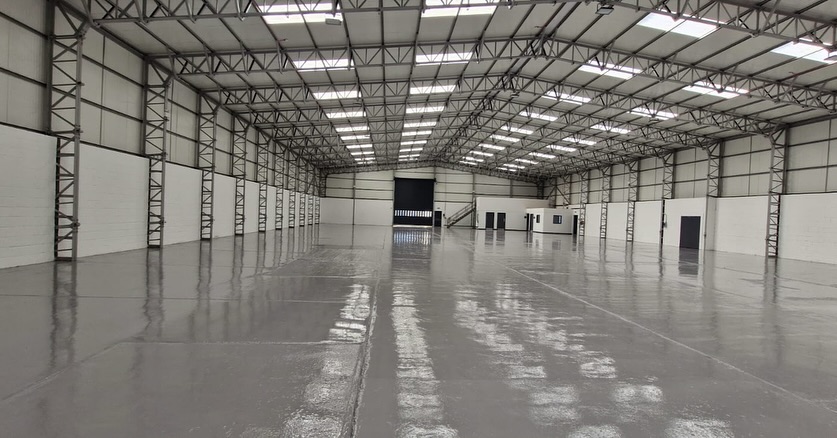
Choosing a flooring contractor is not just about who can offer the cheapest price. It is about whether the company has the capacity, the experience, and the professionalism to deliver large projects properly. At Londinium Epoxy Flooring London, we are trusted across Greater London and the surrounding counties because we combine scale with attention to detail and safety.
We regularly work on projects that range from medium sized factories and workshops right through to large multi-storey car parks. Our flooring systems are designed to cope with the realities of heavy industry, including constant forklift traffic, large machinery, and the wear that comes from a 24-hour environment.
Every project we carry out is supported by full health and safety documentation, including RAMS, site specific risk assessments, and the right insurance cover. Our teams are trained to work in busy industrial spaces where compliance is essential. We hold accreditations such as CHAS, Constructionline, and SSIP, so clients can have confidence that every aspect of the job is carried out responsibly.
We understand that time is money. Shutting down a warehouse or factory can be expensive, so we plan our work to minimise disruption. Whether that means phased installations, night work, or completing projects over weekends, we fit around the needs of your operation. Many of our clients continue working on site while we prepare and install their new flooring.
Over the years we have delivered resin and epoxy flooring for some of the UK's best known names. From Tate Modern to Toyota and Procter & Gamble, our projects show that we are capable of handling demanding environments and delivering finishes that last. This proven record of performance is why many of our clients come back to us for repeat work.
Looking for seamless, chemical-resistant flooring? Our industrial resin flooring systems deliver exceptional durability for warehouses, factories, food processing facilities, and commercial premises across London.

Protect your critical IT infrastructure with our specialist anti-static and ESD flooring systems. We install polymer floors designed to meet the demanding requirements of server rooms, data halls, and telecommunications facilities.
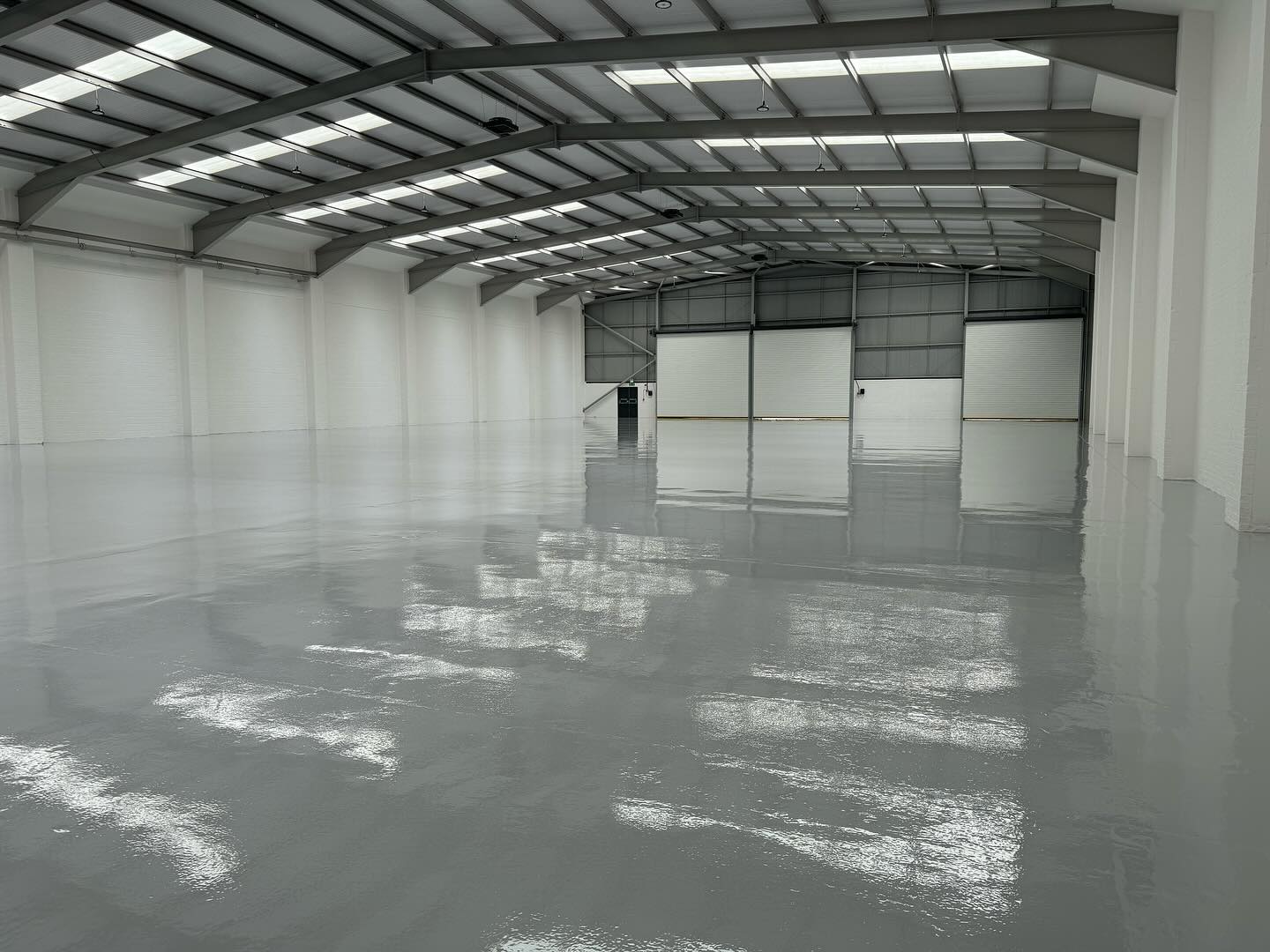
Thousands of projects completed across London and the southern counties, from large-scale warehouses to food-grade production facilities, gyms, schools, car showrooms, and commercial environments
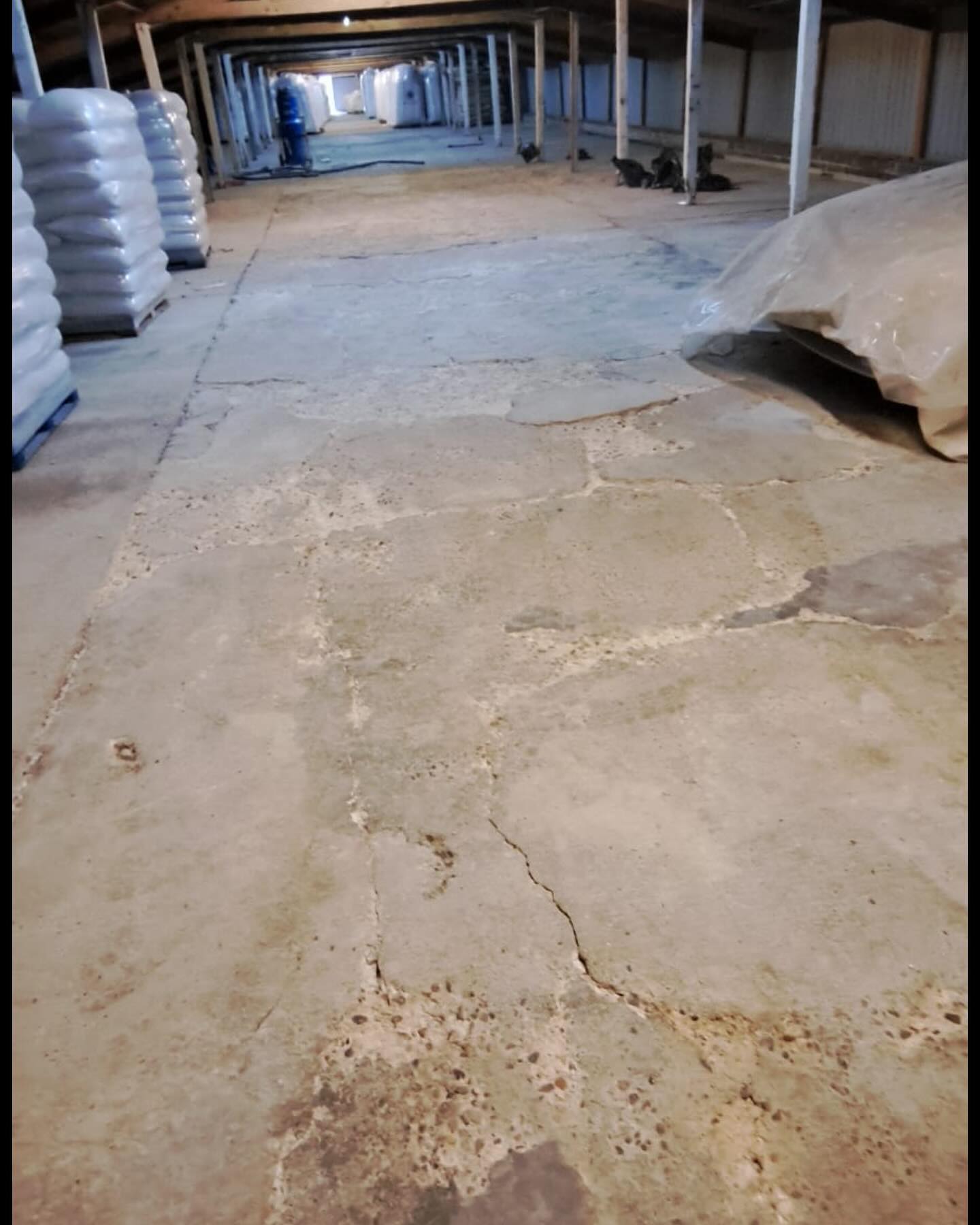

From cracked concrete to mirror-like epoxy finish (30 miles from Central London)
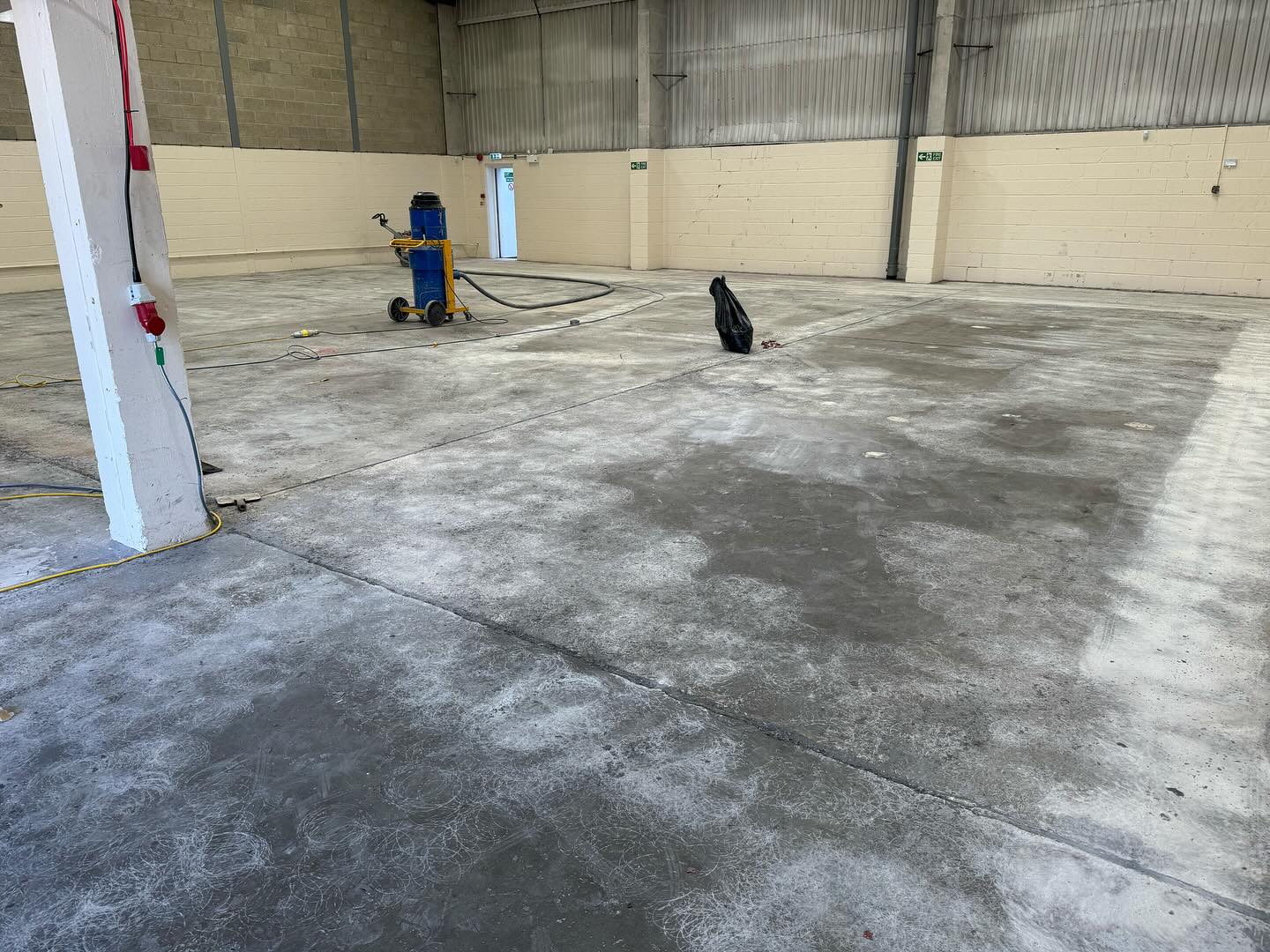
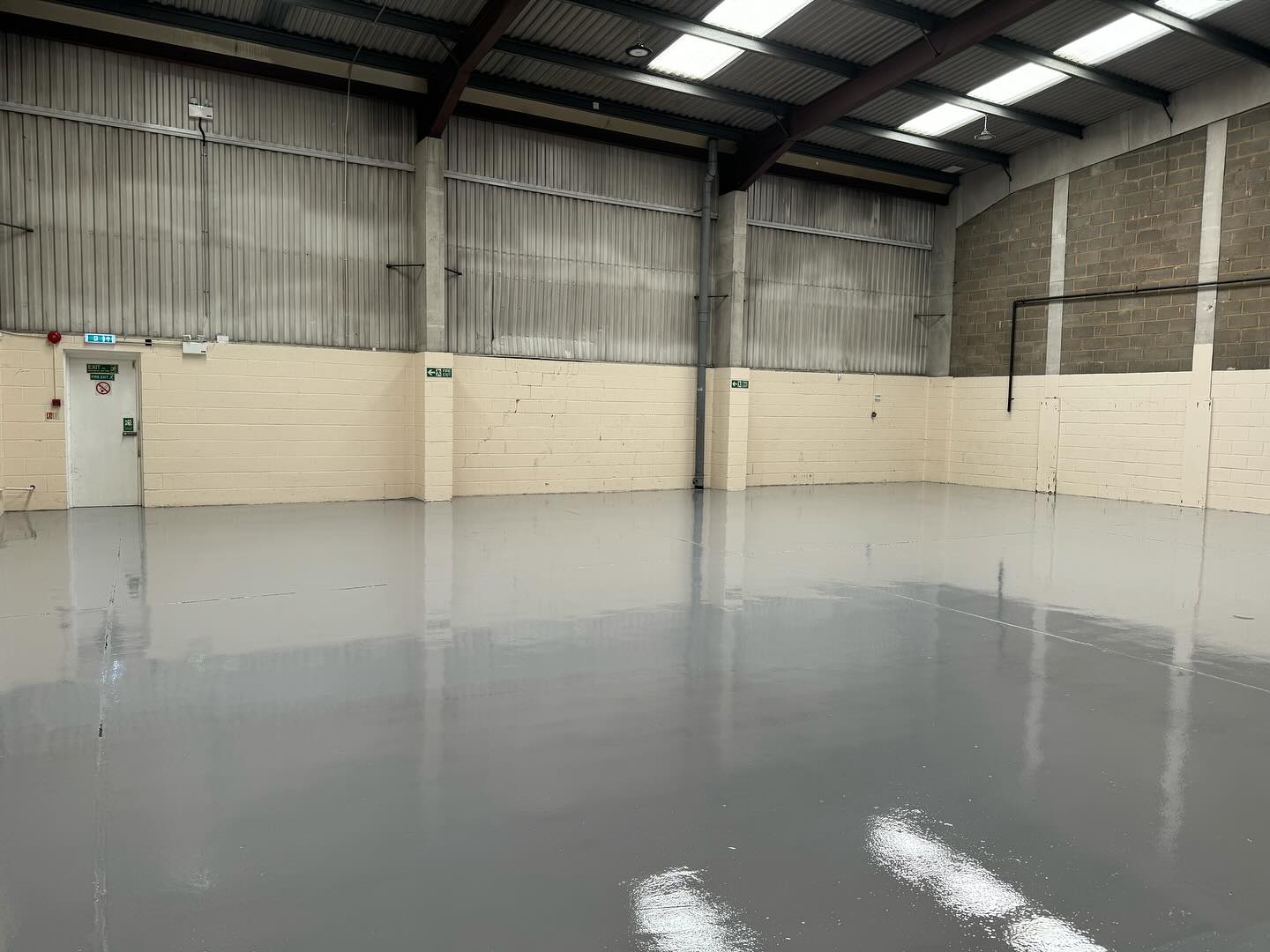
Professional transformation with mirror-like finish in East London
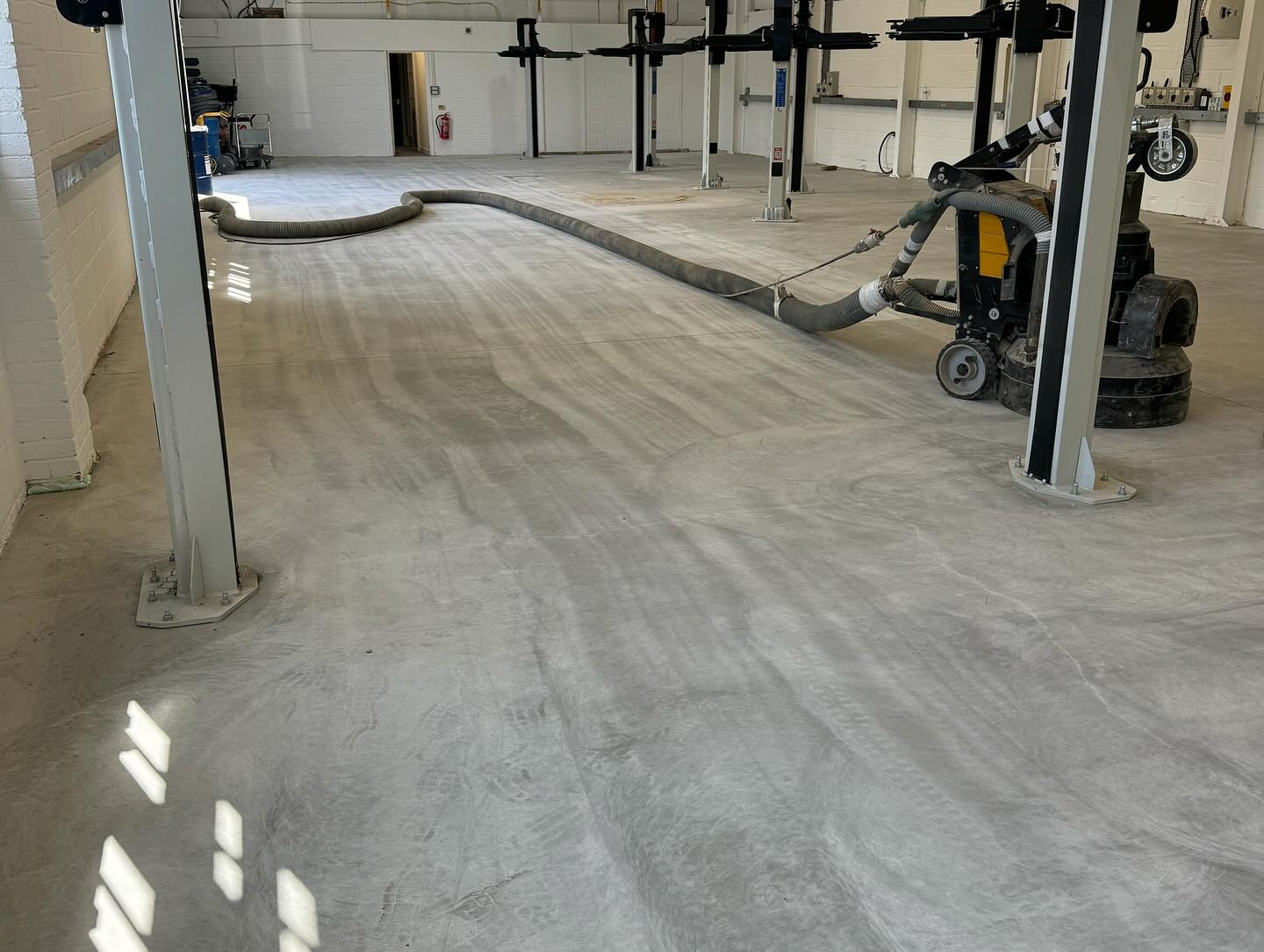
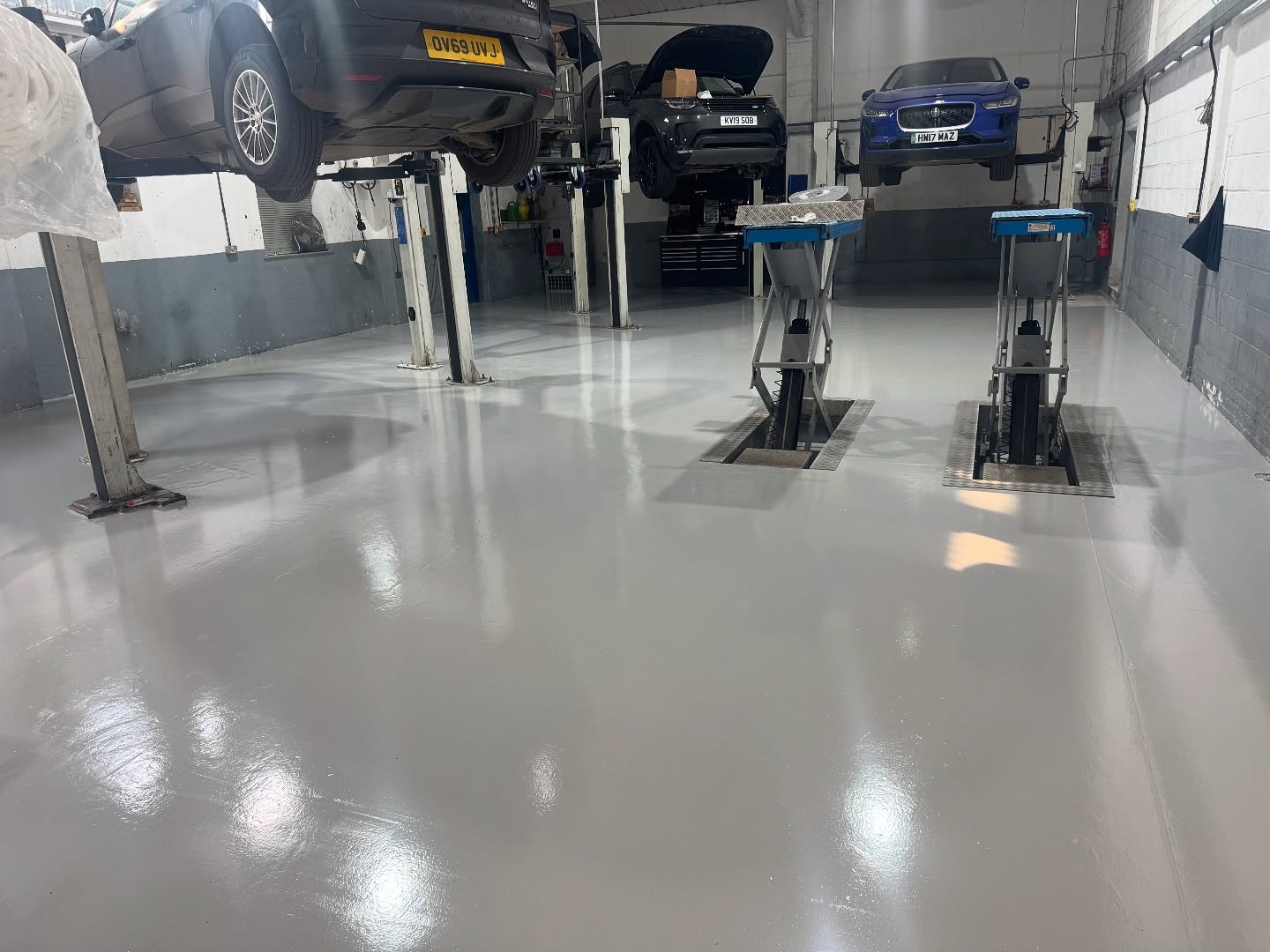
Automotive workshop floor upgraded for heavy traffic and chemical resistance
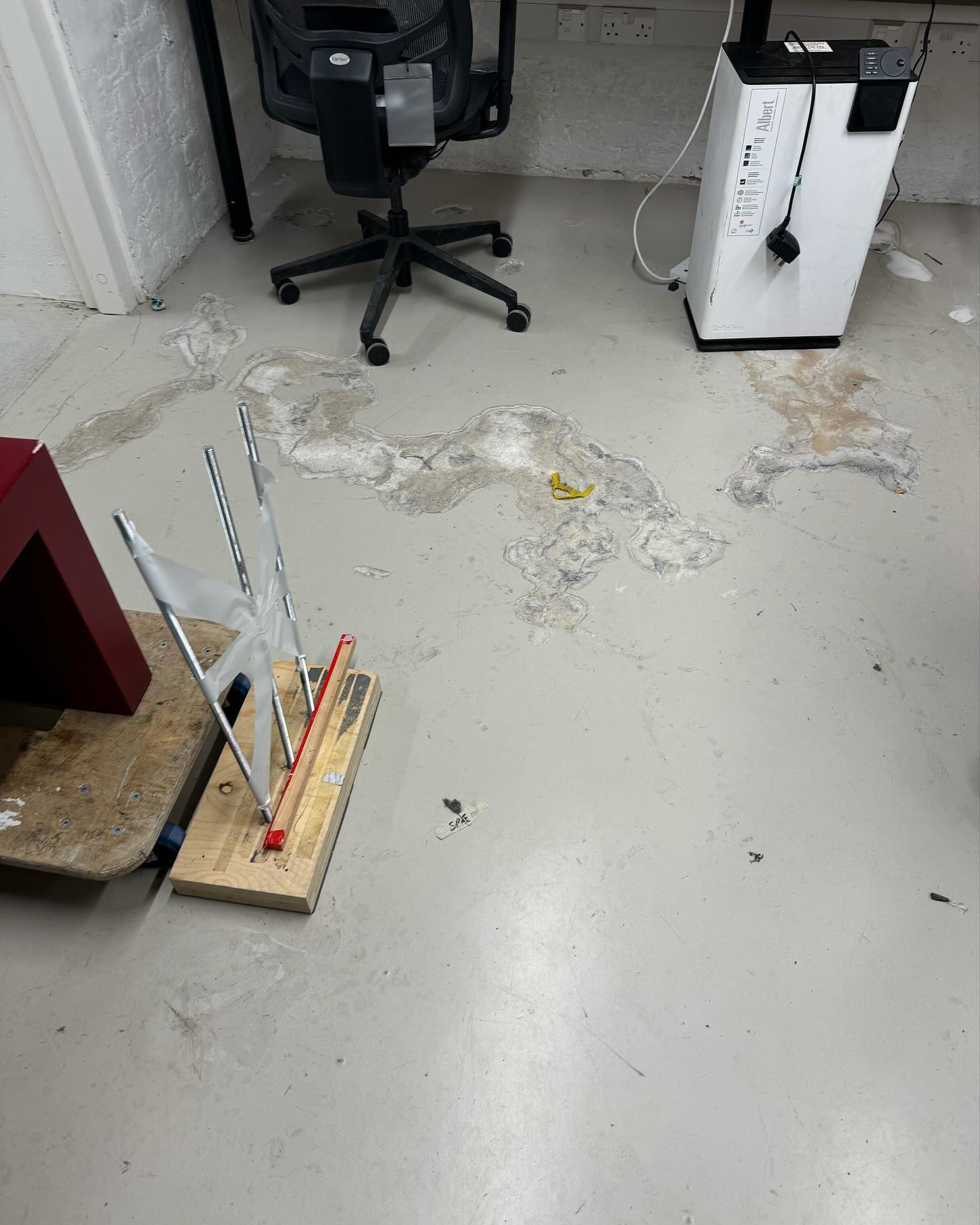
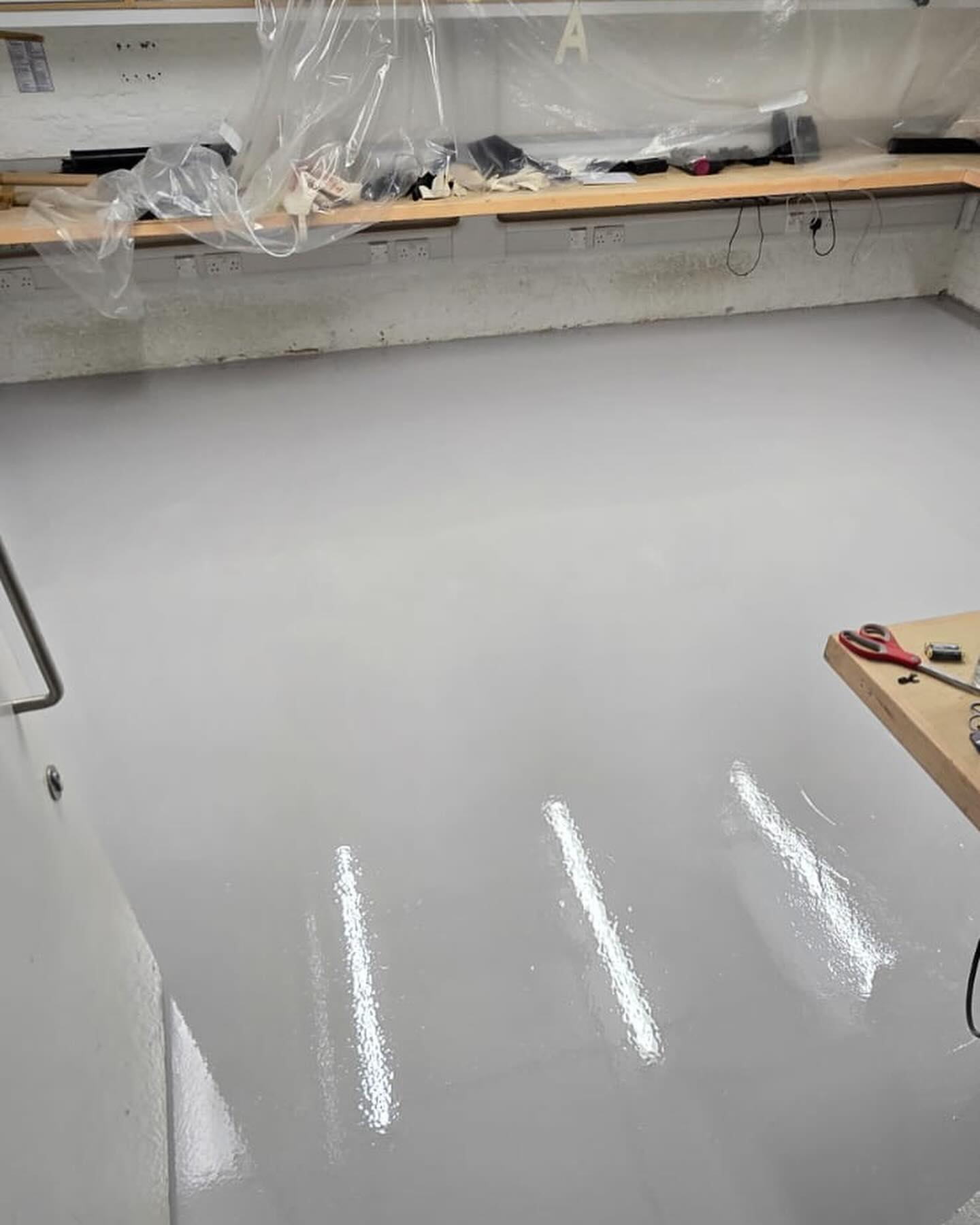
Heritage building flooring requiring careful preparation and premium finish
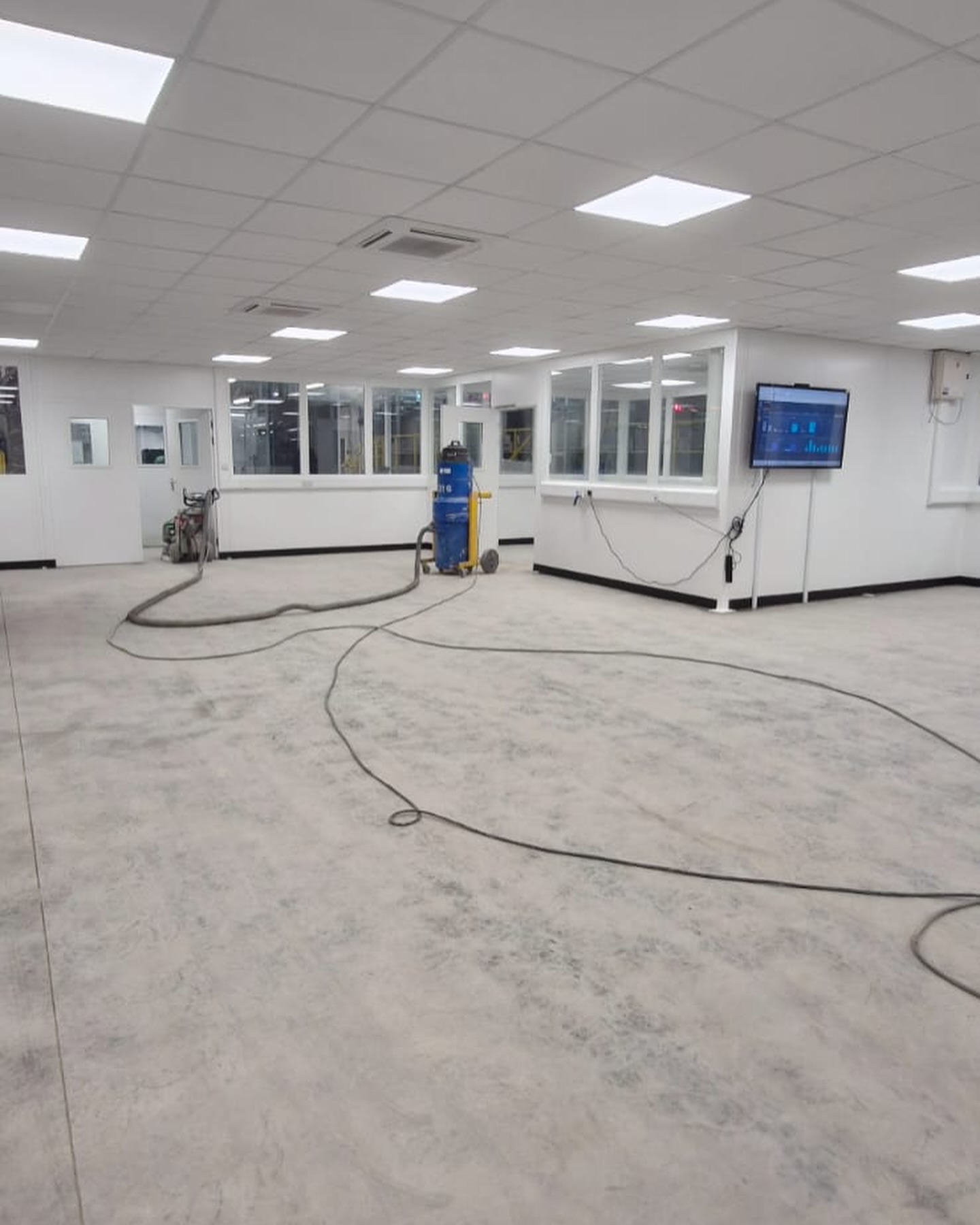
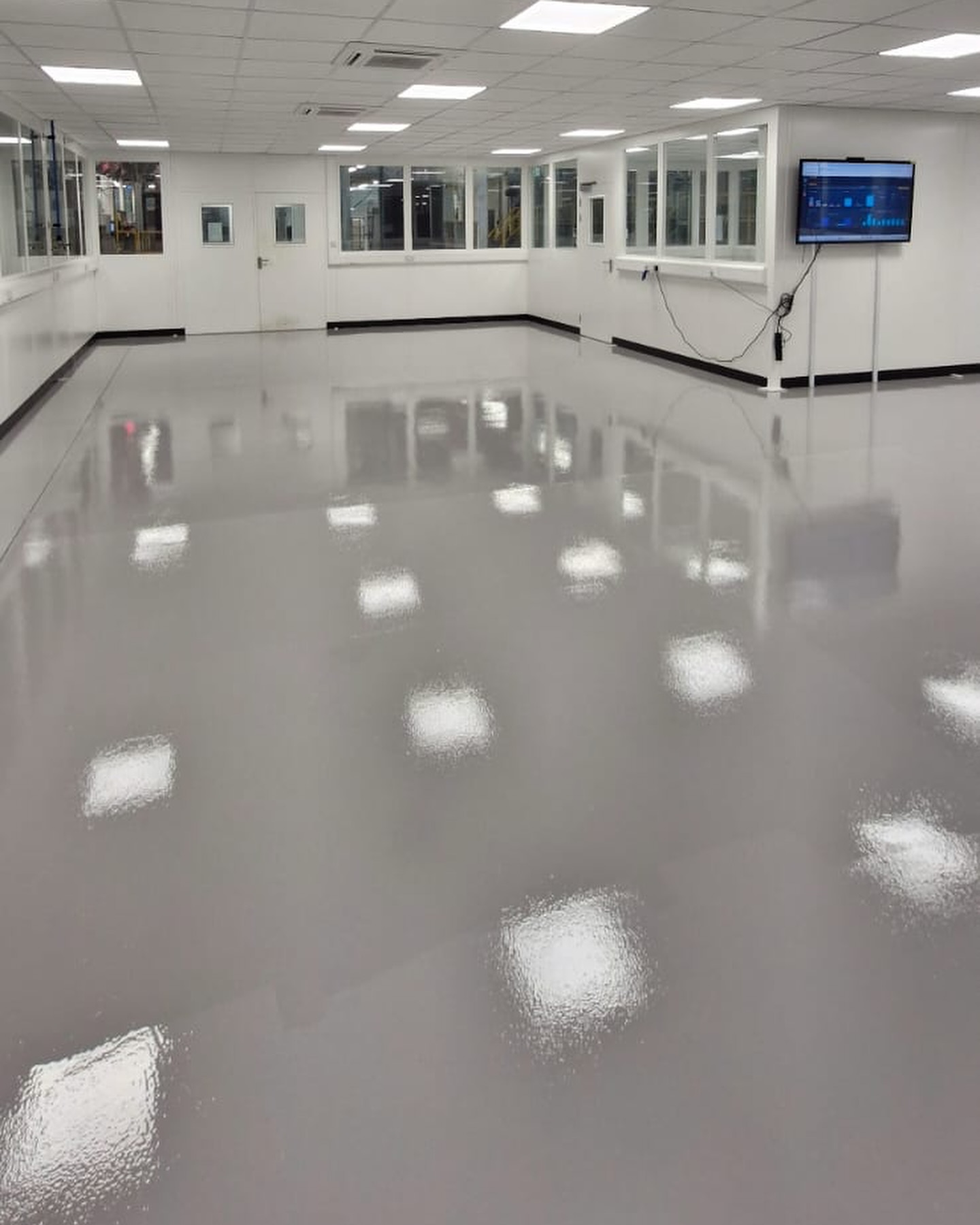
Professional office environment with durable, easy-clean resin flooring
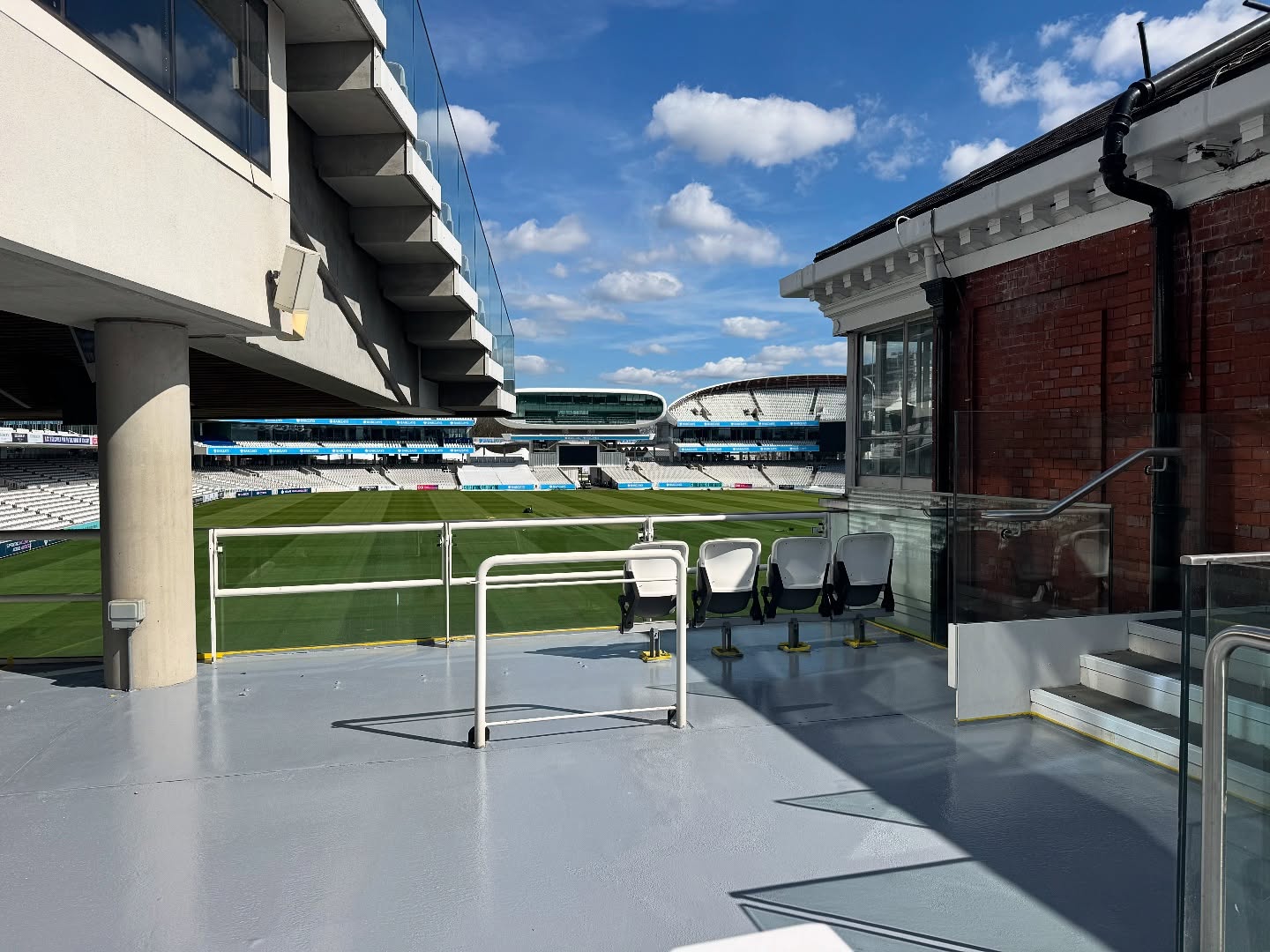
High-specification sports facility flooring for the world's most famous cricket venue
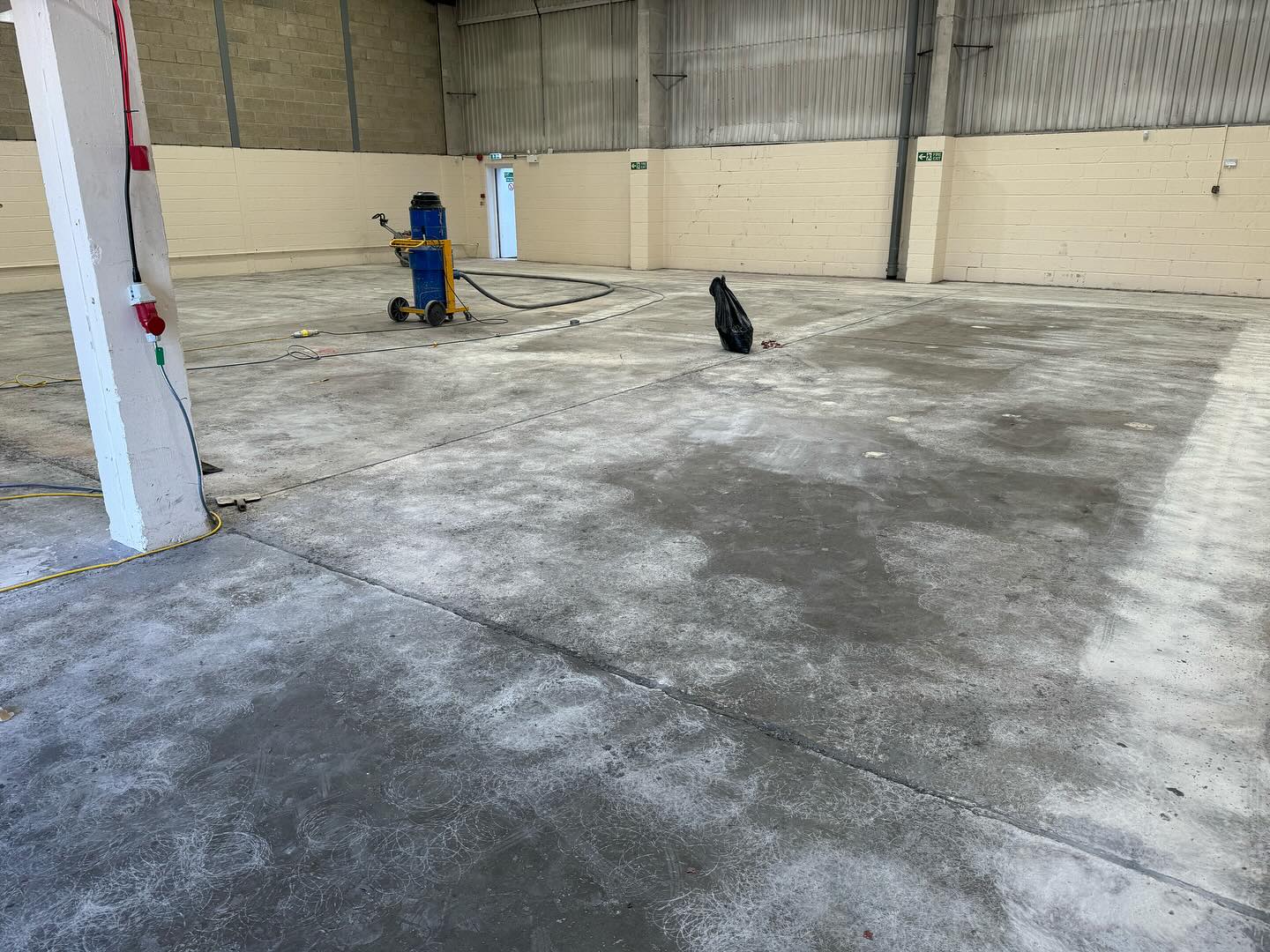
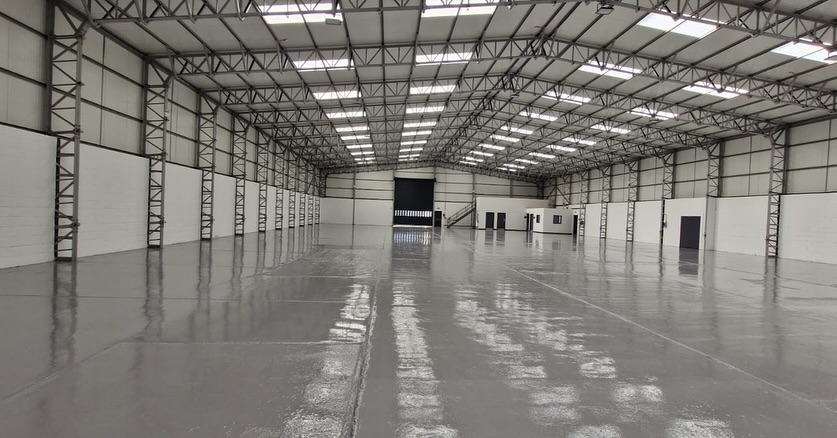
Large-scale warehouse transformation showcasing flawless epoxy application across vast floor areas (Essex, 35 miles from London)
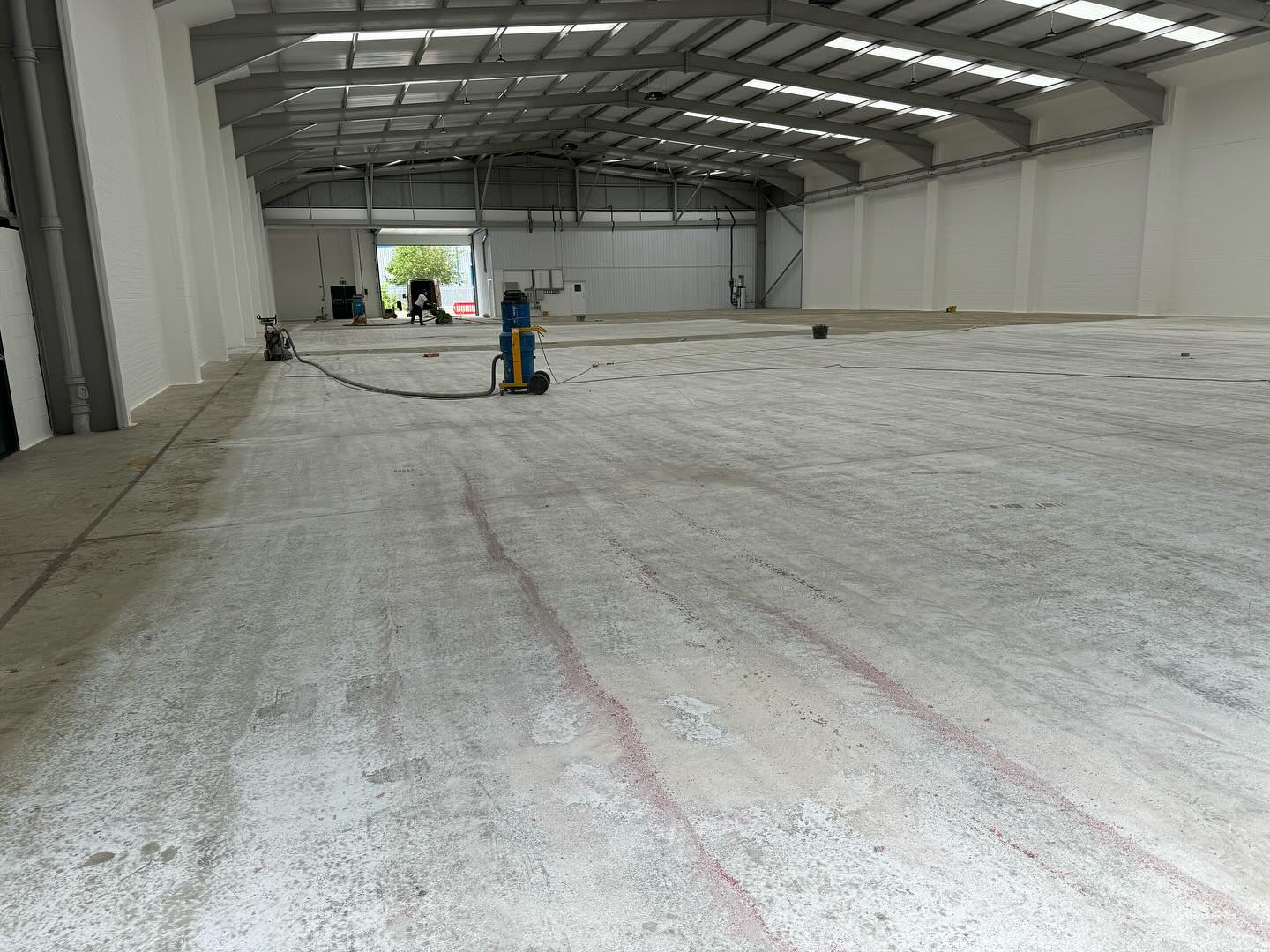
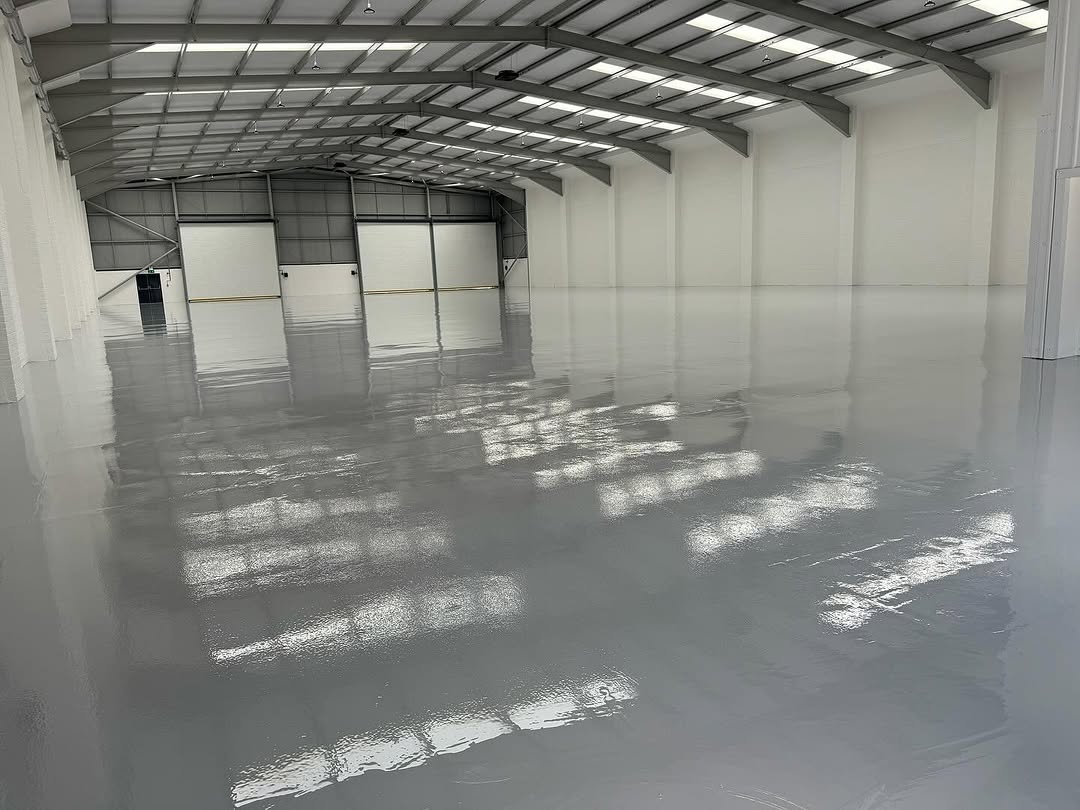
Major logistics facility with industrial-grade epoxy system designed for heavy forklift traffic and 24/7 operations (West London)

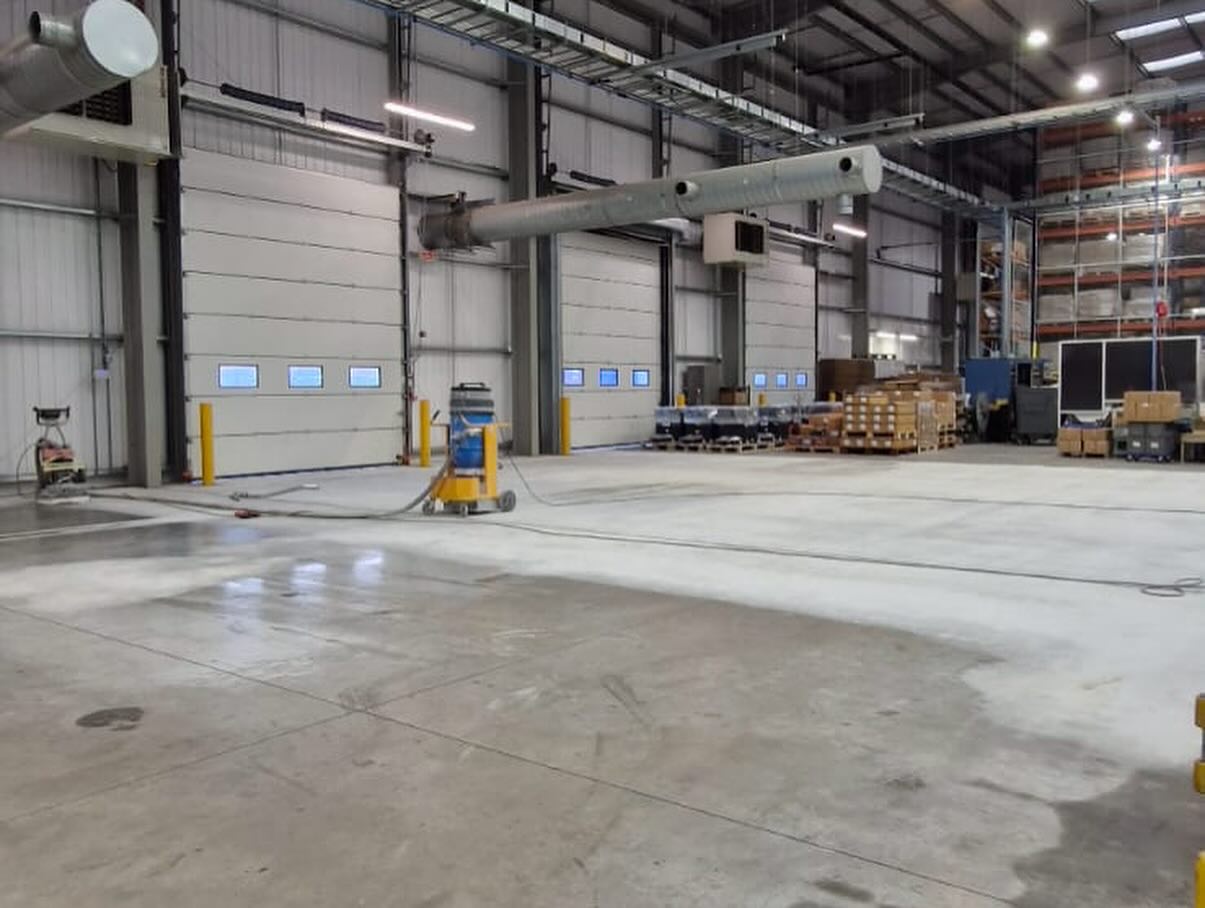
High-specification industrial flooring for precision manufacturing (Croydon area)








"Heavy-use factory floor prepared and coated for long-term durability."
[Read More →]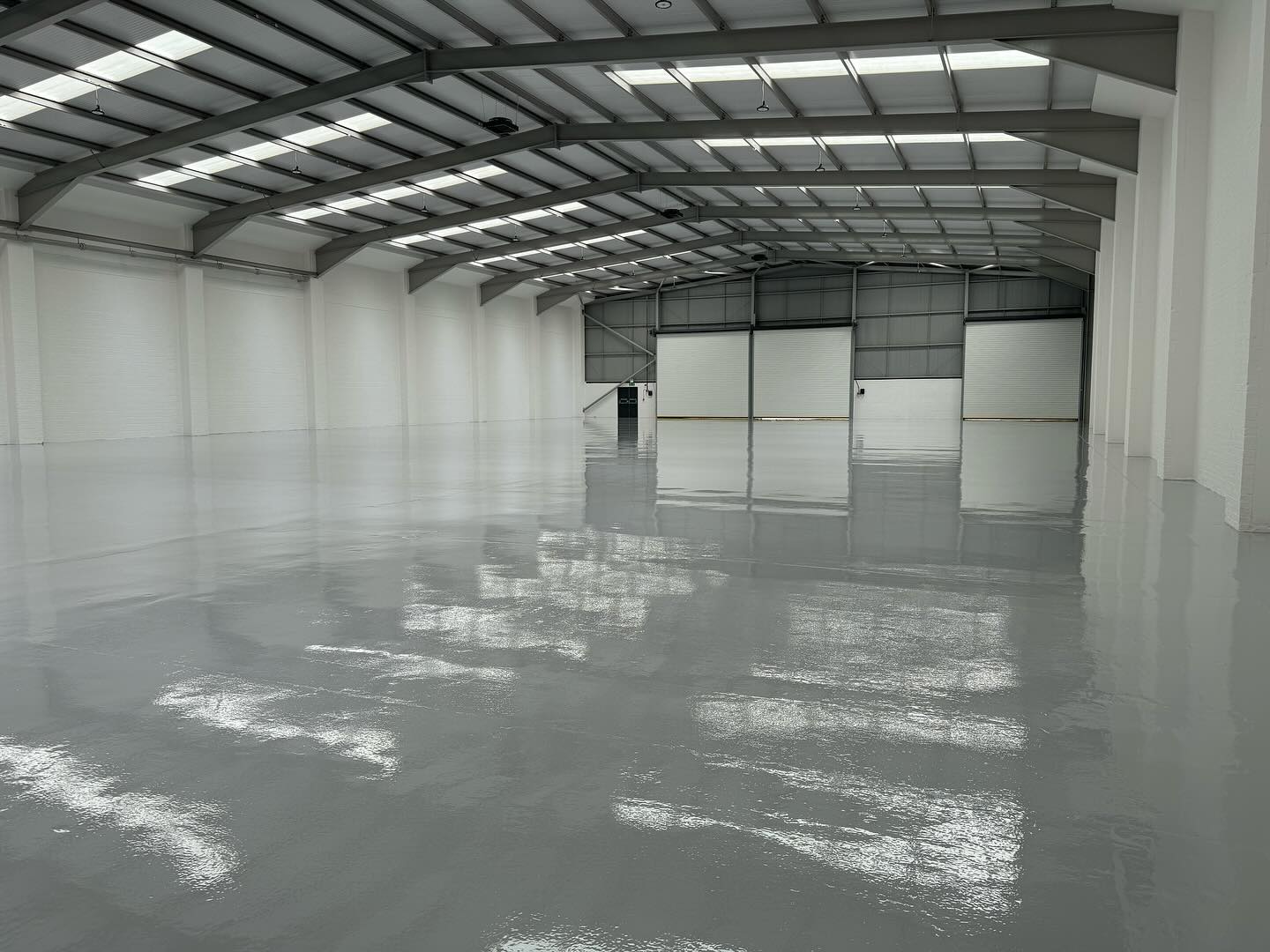
"Fast-track install with phased works to minimise disruption."
[Read More →]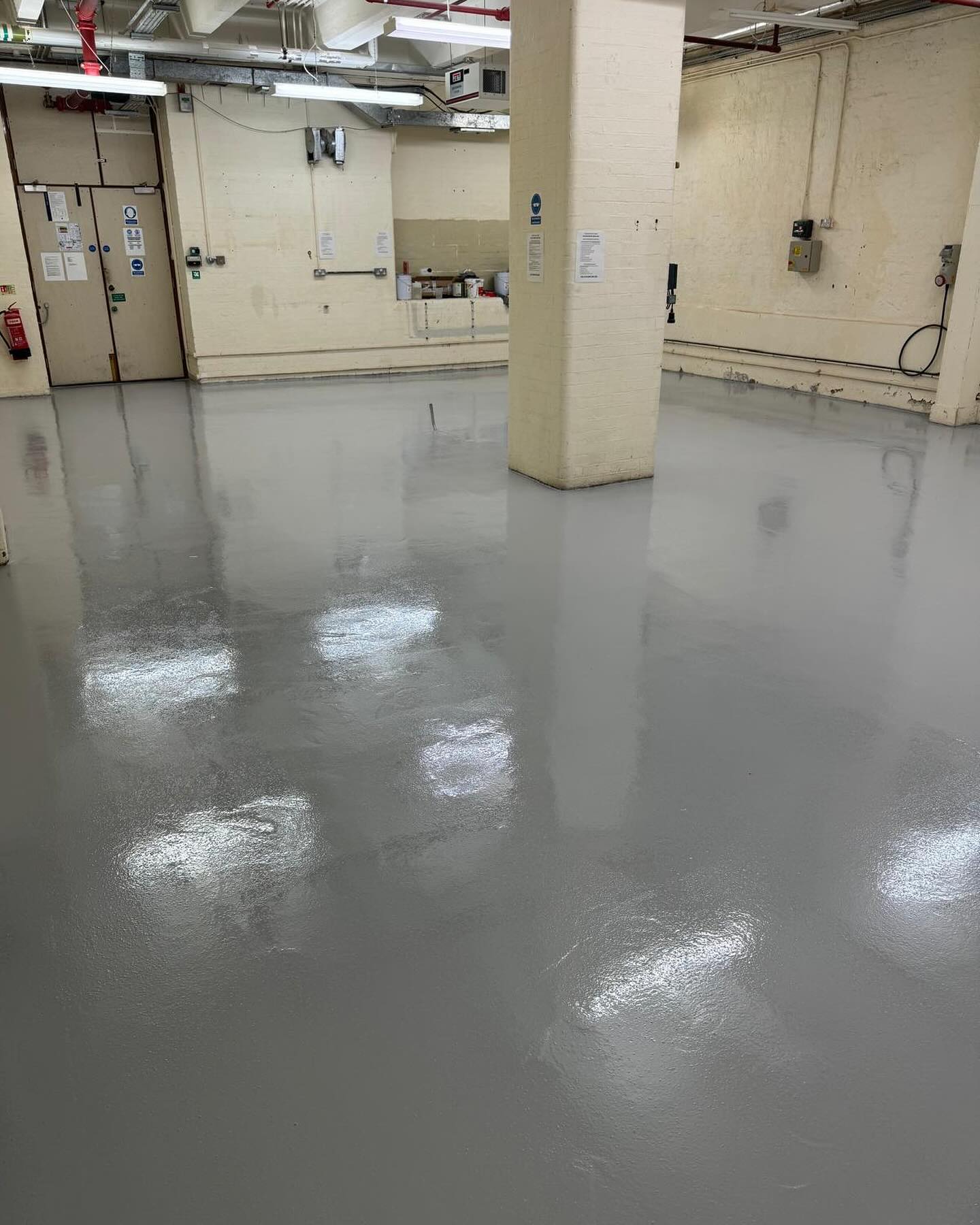
"High-profile gallery flooring project requiring durability and precision."
[Read More →]"Londinium Epoxy Flooring London delivered our 2,500m² logistics floor with precision and speed. Excellent service."– Arcese Ltd
Our process is designed to make flooring projects straightforward, efficient, and reliable.
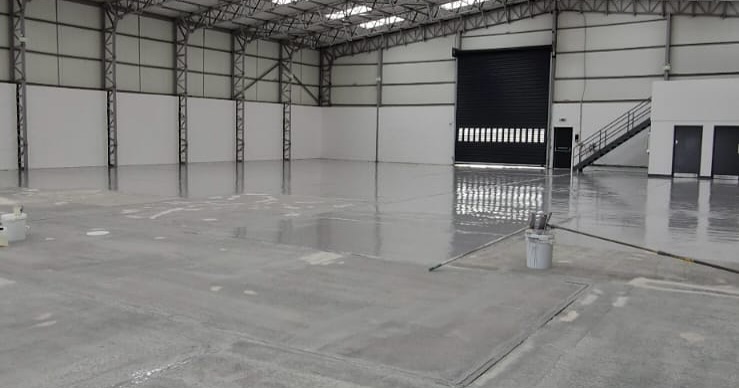
1,350m² Warehouse Epoxy Floor Installation - Maldon
"Outstanding work at our Royal Academy facility. Professional approach and excellent finish."– Royal Academy of Arts
"Fast, efficient installation with minimal disruption to our operations."– Arcese Ltd
"Exceptional quality finish. Highly professional team."– The Tate
We specialise in epoxy resin flooring systems for industrial and commercial applications including warehouses, factories, retail spaces, and offices across Greater London.
Most installations take 3-7 days depending on floor size and preparation requirements. We provide detailed timelines during our free quote.
Yes, we offer evening and weekend installations to minimise disruption to your operations. This is particularly important for 24/7 businesses.
All our installations come with comprehensive warranties. Terms vary by application type and usage requirements.
Yes, we cover Greater London and surrounding counties including Essex, Hertfordshire, Kent, Surrey, and Buckinghamshire.
See examples of our professional epoxy flooring installations across London